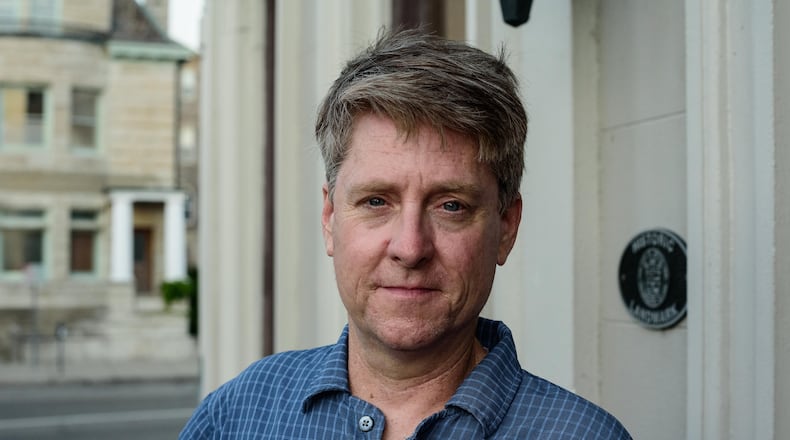During the 19th century’s Gilded Age, America saw a deep political divide, economic inequality and stark individualism. Corporations and politicians often worked together to evade ethical and financial responsibilities to both immigrant workers and working-class Americans.
It was common for children to work in factories and mines, women couldn’t vote or hold office, scandals and corruption were prevalent, and It seemed the social fabric of a nation was being pulled apart.
Today, many are reminded such divisions still exist: systemic racism in education, policing, housing, and healthcare as the pandemic rages and most affects people of color.
Women are still not treated as equals to men.
Now we have choices to make on what comes next for us individually and as a society. Many of the Gilded Age problems ended when Americans embraced the benefits of a direct democracy, made reforms to the social and economic injustices of the time, and sought “association” over “individualism.”
President Teddy Roosevelt, a Republican, advocated for more regulation, breaking up trusts, a women’s right to vote, protecting the environment, and promoting social welfare. He earned a Nobel Peace Prize for brokering peace in Asia.
Post-election, most Americans just want a return of calm, and we can be the peace builders in our own neighborhoods. If our candidates win, it’s tempting to leave yard signs up and gloat.
Could we not instead, pull the signs up and move on? Can we accept that despite our difference we are still neighbors? That our communities need us more than ever to work together?
Many nonprofits and charities have struggled this past year. We can become peace builders by looking for ways to make a positive difference in helping others. This pandemic will pass one day and we’ll be better for it if we all work together, even if we are physically apart a while longer.
Where can you share your talents?
Now we have a chance to dial back the social media rants and reach out to old friends, neighbors we need to check on, and family who we may have ignored because of differing political attitudes. Be the first to reach out. The process of building and healing begins by renewing old relationships and finding new connections. The anger of the past year almost requires us to consider new ways to live and communicate.
Abraham Lincoln said, " I don’t like that man, I must get to know him better."
Let’s begin by getting to know each other better. Instead of emphasizing our disagreements, let’s find more things on which we agree. Find their humanity, among the noise and anger. Where are we we in agreement? What do they fear? What do they not understand about me?
Most people just want to be heard and appreciated.
Credit: JULIA WARD HOWE
Credit: JULIA WARD HOWE
Americans have always faced times of great crisis, confronting problems seemingly impossible to solve. We have found lasting peace after great wars, conquered incurable disease and tried to right the systemic wrongs committed during less enlightened times.
Challenges will always exist New problems will take the place of old ones, but we can never stop trying to form that more perfect union that is America.
Our children are counting on us.
Kevin Kelly is the executive director of the Dayton International Peace Museum. Guest columns are submitted or requested fact-based opinion pieces typically of 300 to 450 words. Have an idea? Contact Community Impact Editor Amelia Robinson at arobinson@daytondailynews.com.


